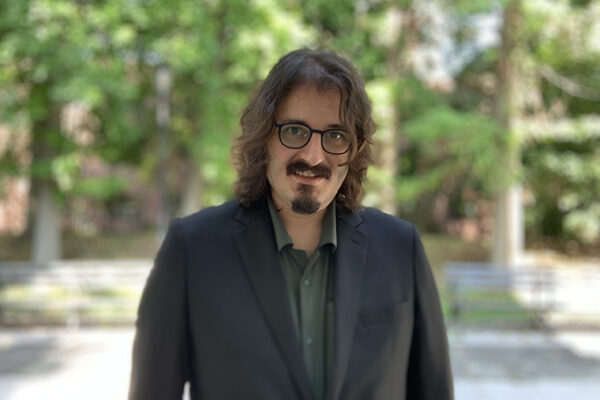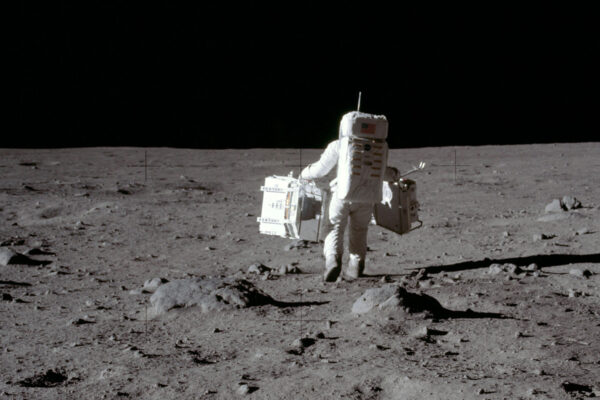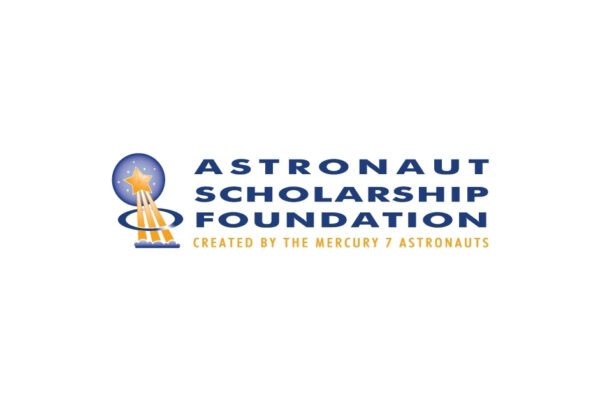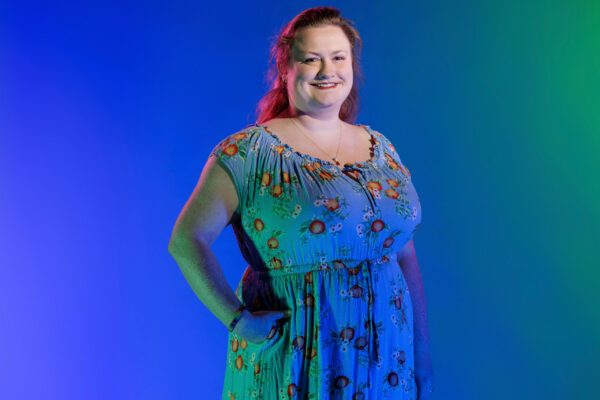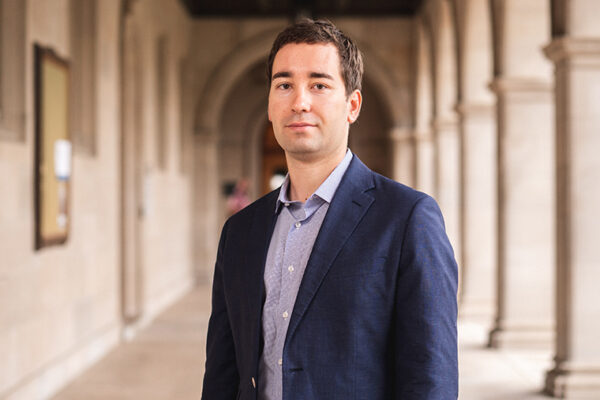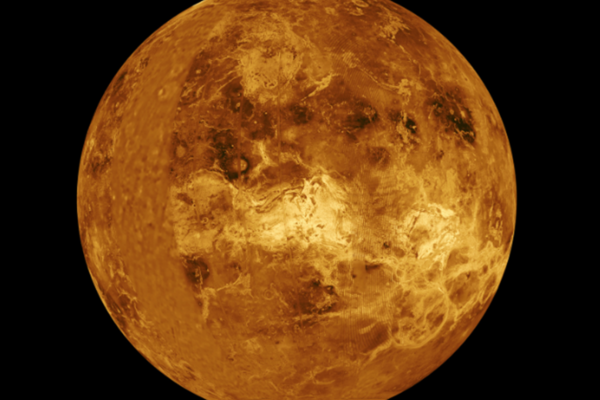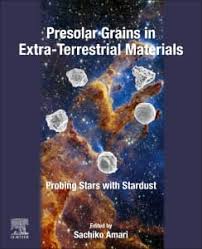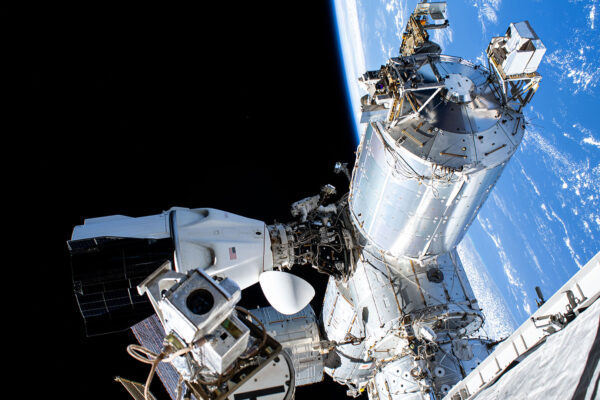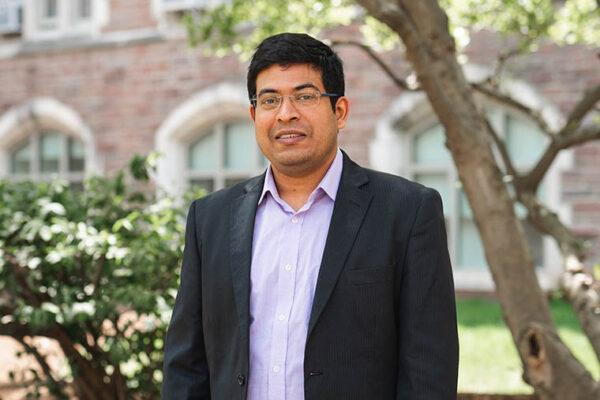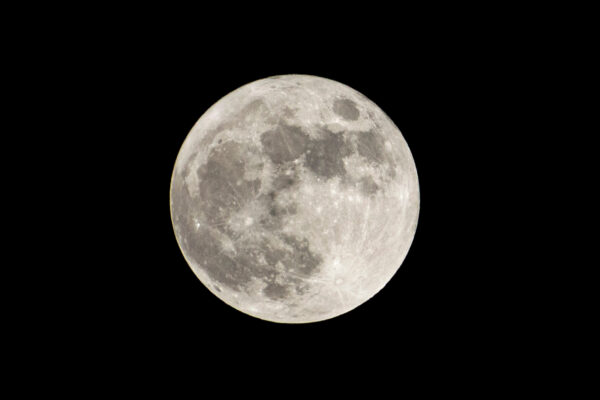Cosmic ‘lenses’ will better define dark matter
Physicists Bryce Wedig and Tansu Daylan, in Arts & Sciences, calculated how many gravitational lenses will be uncovered by NASA’s Nancy Grace Roman Space Telescope when it begins science operations in 2027. By examining a large population of these lenses, the researchers hope to learn a lot more about the mysterious nature of dark matter.
Why the moon shimmers with shiny glass beads
Using a variety of microscopic analysis techniques not available when the Apollo astronauts first returned samples from the moon, physicist Ryan Ogliore in Arts & Sciences helped unlock the secrets of tiny lunar beads.
Fioriglio named Astronaut Scholar
Charlie Fioriglio, a rising senior studying physics and chemistry in Arts & Sciences at Washington University in St. Louis, has been named an Astronaut Scholar, a competitive fellowship for exceptional undergraduate students pursuing degrees in science, technology, engineering and math.
Class Acts: Emily Culley
Emily Culley, a PhD candidate in earth, environmental and planetary sciences in Arts & Sciences, uses images from NASA’s Lunar Reconnaissance Orbiter Camera to investigate the surface of the moon. She’s passionate about fostering an inclusive environment in the sciences.
How to (theoretically) spot an alien
Physicist Mikhail Tikhonov in Arts & Sciences proposes an outside-the-box idea for detecting alien biology. His new study is published in Nature Communications.
Could convection in the crust explain Venus’ many volcanoes?
New calculations by Arts & Sciences researchers suggest surprising geology beneath Venus’ surface.
Presolar Grains in Extra-Terrestrial Materials
Probing Stars with Stardust
Providing a cohesive overview of the latest research on presolar grains and their stellar sources, this book brings researchers in cosmochemistry, astrophysics and astronomy up to speed on state-of-the-art developments, analysis and future implications. The book begins with a historical perspective on the study of presolar grains, then reviews the properties and features of a […]
WashU-led astrophysics mission lands its spot on space station
The Trans-Iron Galactic Element Recorder for the International Space Station (TIGERISS) was officially assigned an attachment location on the Columbus laboratory module of the International Space Station. This location assignment is a milestone on the path to a targeted 2027 launch date, researchers said.
Physicist Dev awarded Humboldt research fellowship
Bhupal Dev, an associate professor of physics in Arts & Sciences, will analyze possible neutrino interactions with dark matter at the Mainz Institute for Theoretical Physics in Germany.
Geology team evaluates lunar landing locations
Brad Jolliff, in Arts & Sciences, is part of the Artemis III geology team that is helping NASA to evaluate the nine potential lunar landing regions for their scientific potential.
Older Stories
